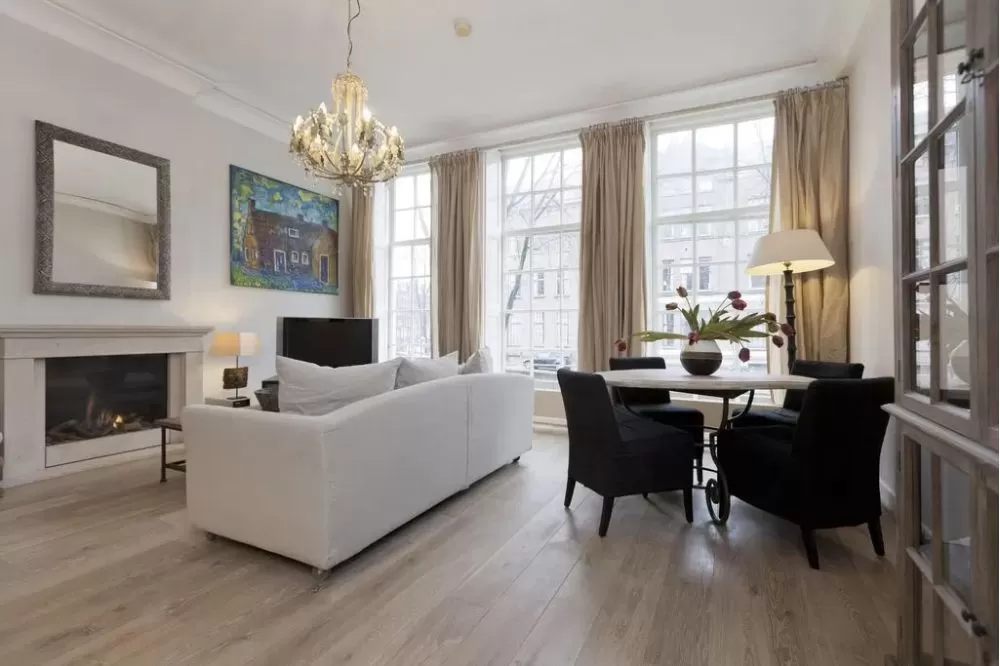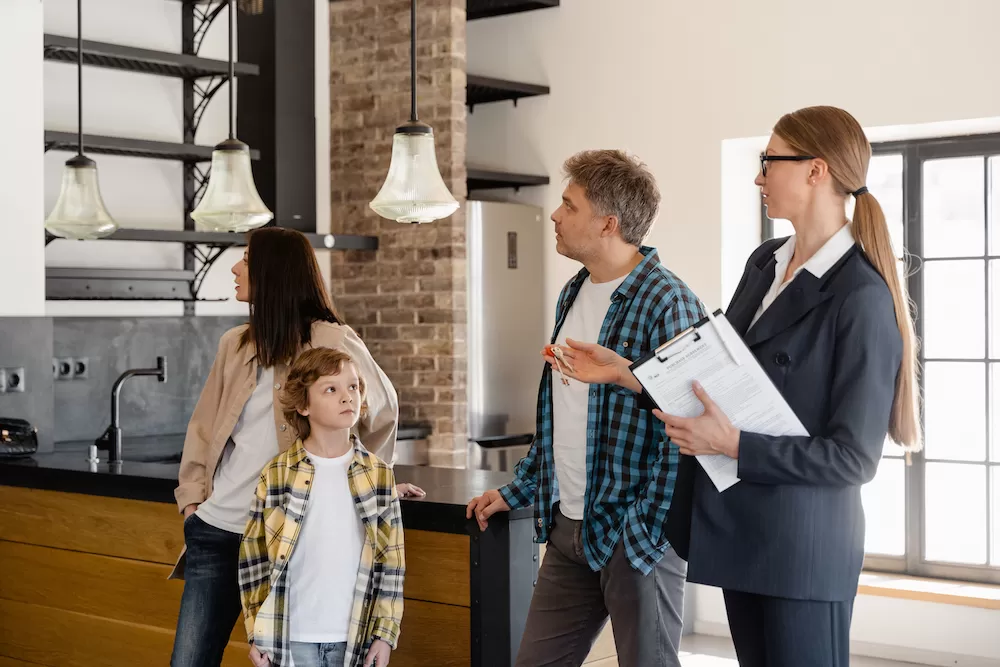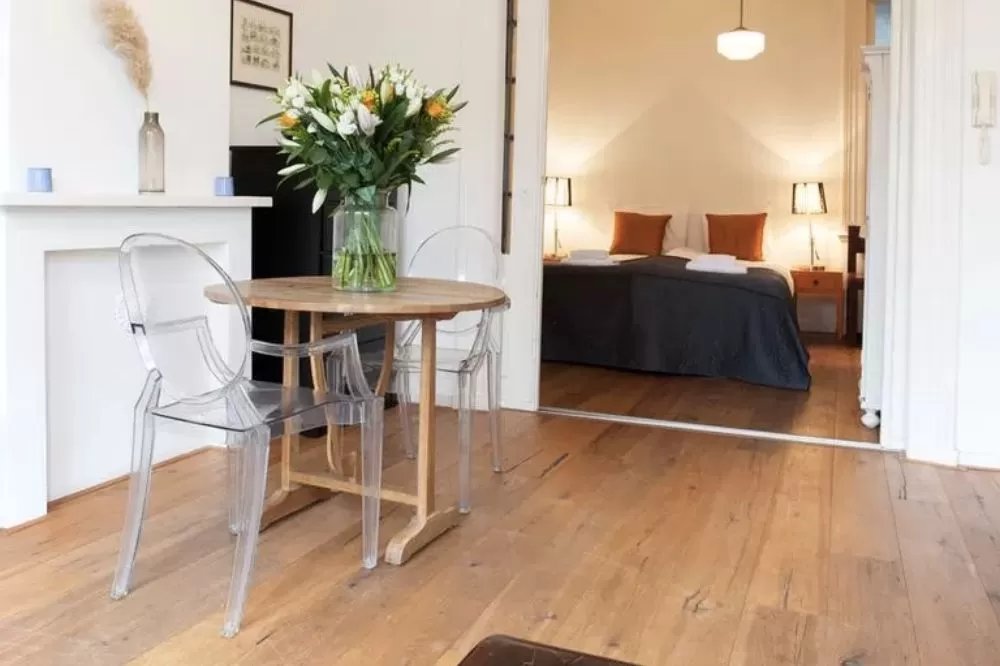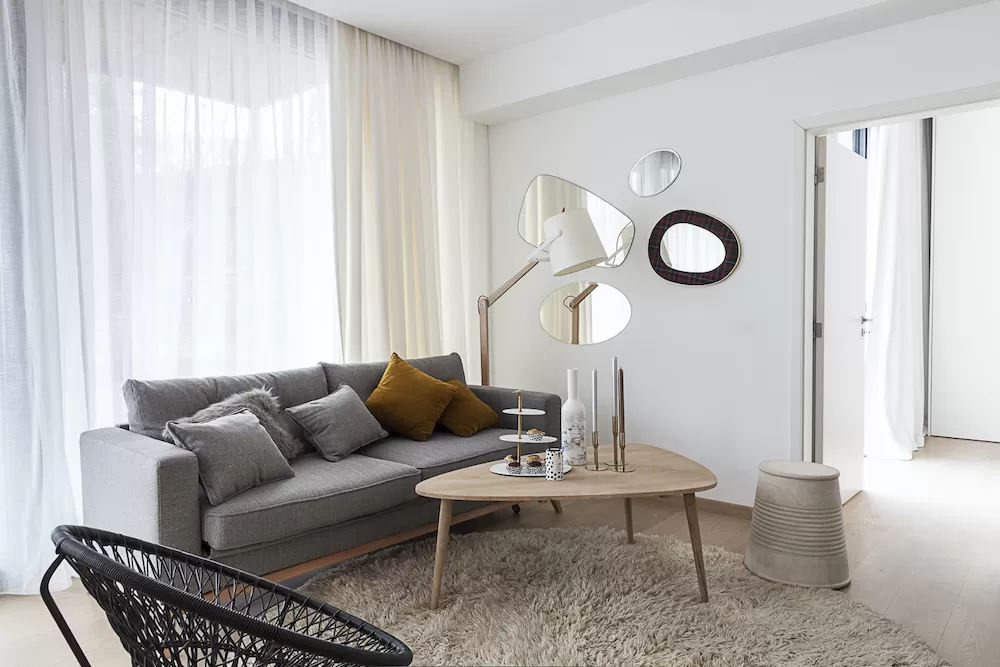Give the Netherlands the credit it's due because it truly is a great country. The place is beautiful, the people are nice, the food is delicious, and the way of life here is so pleasant. It's no surprise that it's a popular tourist destination. As well as a common country that many people relocate to. There's no doubt you'll have a good time here. And you know what? Buying a
property in the Netherlands isn't a bad idea as well! It's a good investment, whether you use it as your new home here or for other purposes. Get to know all about it with the help of this guide!
Can a Non-Resident Buy A Property In The Netherlands?
When you pursue anything in a foreign country, it makes sense to question whether it's legal or not. In this situation, you're probably wondering if foreigners are allowed to purchase real estate in the Netherlands. The answer is yes, they are. As of this writing, there are no Dutch laws that prohibit non-residents from buying and owning properties in the country. Your residency status doesn't matter all that much. You don't have to
move to Amsterdam, Rotterdam, The Hague, and other Dutch cities in order to own a place there. Most of the time, your
Schengen Visa will do! However, it's an entirely different matter when it comes to getting a mortgage here. You can learn more about this later down the line.
What Should You Look For in a Property?
Remember that you'll be paying a lot of money for this new property in the Netherlands. Don't you owe it to yourself to purchase a place that fits your preferences and specific criteria? Even if you're not too particular with what you want in a new property, there are at least a few things
you ought to look for in one. Of course, you need to start with the location. Is it in a good neighborhood? Is it near your work? Then there are the nearby facilities. Let's say the place doesn't come with its own laundry room. Is there a laundromat nearby where you can wash your clothes? It’s these things, though may seem small at first, that matter the most!
What Are The Costs of Buying Property?
One thing you ought to remember about buying a property in the Netherlands is preparing a huge budget. It's no secret that property values in this country are sky high. Even the simplest apartments can cost thousands of bucks. But then there are also the other costs you need to take care of as well. They include the transfer tax, the VAT, notary fees, valuation costs, mortgage costs, and your
real estate agent's commission. Some of these are already included in the property value with their own respective percentages. While for others, you're required to pay them at the start of the process.
How Do You Make an Offer to Buy Property in The Netherlands?
There's a lot you need to consider when it comes to making an offer to the seller. Whether you can afford it or not is one thing, as well as getting the mortgage to see the purchase through to the end. It's understandable to approach the seller when you're still not sure about your financial capabilities. Fortunately, there's the option of arranging the first refusal. This allows you some time to think things through all while blocking other buyers from making their own offers. Do note, however, that not all sellers will agree to it. But it's common enough that you can try!
How Do You Get Mortgage in The Netherlands?
Let's go back to the issue of
getting a mortgage here in the Netherlands. As mentioned earlier, your residency status may affect your chances of getting this loan. Why? Because many Dutch financial institutions will require applicants might require you to to live and be registered in the Netherlands. A national identification number is even part of their list of required documents. If you don't have one, it’s safe to say that your chances of getting a mortgage are low. But don't worry! This doesn't apply to all mortgage lenders in the Netherlands. There are still a few that won't require residency for you to take out this loan.
How Do You Set Up the Sale & Purchase Contract?
Once you and the seller have agreed on a final price for the property and your finances are in check, it's time to draw up and sign the preliminary purchase contract. This will include all of the details of the purchase, including information regarding you, the buyer, and the seller, an accurate description of the property, and of course, the final price. Signing the preliminary purchase contract means you're committed to seeing this transaction through to the end. It legally binds you and the seller to the purchase. And while you may get a small grace period after signing, more often than not, it's basically a done deal.
What Are The Different Types of Ownership Structures in The Netherlands?
According to
DLA Piper, there are four main ownership structures in the Netherlands. The first is absolute ownership, wherein the owner maintains all the rights regarding the property at hand. The second is the rights of superficies, in which you can have the right to hold and use the property in whatever way you wish even when someone else is listed as the owner. The third, which is the apartment rights, is all about the dual-ownership of an apartment in the Netherlands between you (owner of the flat) and the building owner/s. And finally, the fourth is the rights to leasehold, which allows you to lease out the property owned by the municipality.
What Are The Legal Issues in Buying Properties in The Netherlands?
You should know that you'll have to deal with
a few legal issues when you purchase real estate in the Netherlands. A good example is when you buy an apartment. The laws that surround buying a house in the Netherlands differs from buying an apartment here. As already mentioned, the ownership structure when it comes to apartments is always dual-ownership. Once you purchase a flat here, you will co-own it with the building's
Vereniging van Eigenaren (VVE), or Association of Owners. There's also the cast for hidden defects. There are laws that can protect you from when you discover problems in your home that were concealed from you during the purchasing process.
How Long is The Process of Buying Property in The Netherlands?
The length of time it will take to buy a property in the Netherlands depends on various factors. If everything goes smoothly, it will only take around two to three months tops. However, it can also take as long as six months or even an entire year. And while various factors can prolong the process, it ultimately goes down to how prepared you are. Did you already prepare the legal documents you need? Were you able to secure a mortgage deal? Have you met the seller in person? It's better to deal with all of these before you sign any contracts!
How Do You Search Properties For Sale in The Netherlands?
Now that you know most of the basics of buying a property in the Netherlands, it's time to find one! And your best is to go on any of the
top property listing websites here. Though there are other ways to look for available real estate, visiting these portals is the easiest way. Especially if you're coming from another country, specifically outside of the EU. Websites like
Funda,
Idealista, and
Huislijn offer up amazing properties that are on the market now! And the best part is they also cater to international buyers, which means you don't have to worry about the language barrier all too much!
What are The Best Tips for Buying Property in The Netherlands?
Here are
some final tips for when you buy a new property in the Netherlands. The first is to brush up on your Dutch. Though it's not really required, learning the language can be extremely helpful. Especially if you want to avoid falling victim to scams and getting cheated off of your money. You also need to think carefully during the cooling period after you sign the preliminary purchase contract. Remember that the Dutch housing market is pretty tight right now and the property values are no joke! You'll be spending quite a lot of money here!
Trust that you won't ever regret buying a new property in the Netherlands. As long as you do the process properly, you'll get the keys to your new place in no time! You're guaranteed to enjoy a lot of benefits from your new property too.





